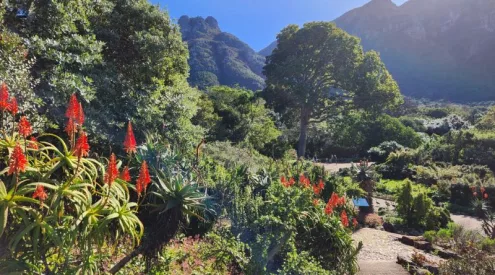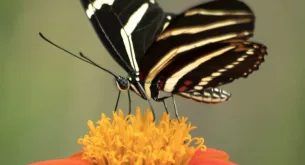Thanks to the Tiger King Netflix documentary series, efforts to ban private ownership of big cats in the USA have finally reached their pinnacle.

Picture: Themurph/ Unsplash
The ban on private ownership of exotic big cats is only a few steps away from coming to fruition. American President Joe Biden is yet to sign the bill into law.
Democratic Congressman Mike Quigley, who introduced the bill into the House, said on social media that it will mean ‘a lot of big cats will live better lives.’
According to estimates from research conducted by conservationists, there are about 7000 tigers living in the US either in zoos or privately owned – nearly double the estimated number of 3890 tigers living in the wild worldwide.
Many of the wildcats in the USA are on public display and used as money-making schemes where they are hunted for profits in some privately-owned facilities, which laboured a ‘relentless breeding cycle that floods the exotic pet trade with surplus tigers who have outgrown the cub stage,’ according to the Animal Welfare Institute.
What’s more, the institute claims that facilities that offer cub petting have been known to kill tigers once they pass the “cute” stage and can no longer be used for monetary gains such as petting.
Under the new bill, ownership of lions, tigers, leopards, snow leopards, jaguars, cougars or any hybrid of these species would be limited to wildlife sanctuaries, universities and certified zoos.
Those on display would need to be kept at least 4.5 meters away from the public or behind a barrier to prevent contact.
However, current owners of big cats will be allowed to keep their animals – as long as they don’t allow direct contact between them and the public and register them with the US Fish and Wildlife Service.
Susan Millward, executive director of the Animal Welfare Institute, stated that the Big Cat Public Safety Act ‘will end the horrific exploitation of big cats and bolster public safety.’
‘These beautiful but powerful predators deserve to live live in the wild, not kept in captivity for people’s entertainment,’ she added.
ALSO READ: Lions, Bones & Bullets: new documentary sheds light on wildlife trafficking



















